african slave trader tribes
Introduction:
The influence of African slave trader tribes resonates throughout history, shaping the trajectory of the global slave trade. Delving into this intricate topic is essential to grasp the diverse forms of slavery in Africa, the involvement of specific tribes, and the enduring effects on communities. The term “African slave trader tribes” encapsulates a somber chapter, where select African tribes actively engaged in the transatlantic slave trade. This article seeks to shed light on the multifaceted aspects of this historical phenomenon, uncovering its origins, repercussions, and relevance in today’s context.
African slave trader tribes:
Discover the impact of African slave trader tribes on the transatlantic slave trade in this concise overview. These tribes played a pivotal role, engaging in the capture and sale of fellow Africans. Understanding their historical significance is crucial to unraveling the complexities of this dark chapter in history. search the intricate dynamics that shaped the involvement of African slave trader tribes in the global slave trade.
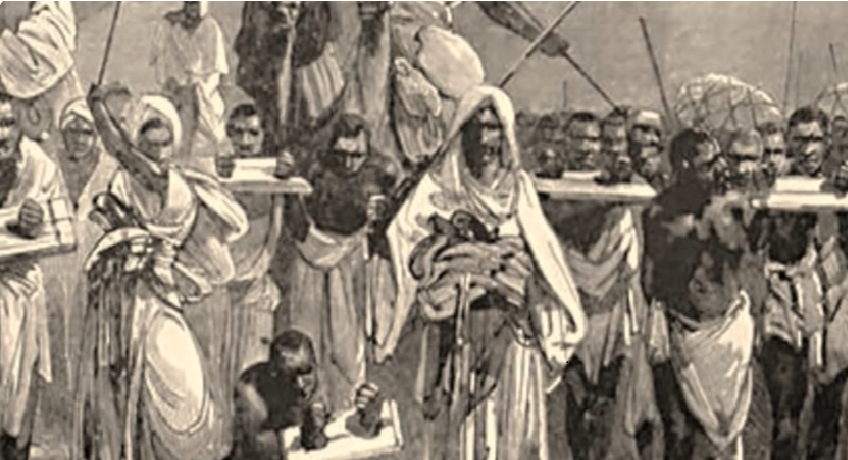
To Know About masai lion facts read this article
1- Forms of Slavery
Throughout history, slavery has taken diverse forms, each with distinct characteristics, from indentured servitude to chattel slavery. In the African context, these forms were intricately linked to the actions of African slave trader tribes. These tribes played a crucial role in sustaining slavery, exploiting fellow Africans for economic gain. The nuances of these exploitative practices offer a nuanced comprehension of the historical dynamics that transpired during this troubling period.
2-10 Most Enslaved African Tribes
The transatlantic slave trade left an indelible mark on various African tribes, with some experiencing more profound impacts than others. Delving into the histories of the 10 most enslaved African tribes provides insights into the unique challenges each faced and the enduring consequences that persist to this day.
-
Ashanti Tribe:
– The Ashanti tribe, based in what is now Ghana, faced extensive enslavement during the height of the transatlantic slave trade. Their wealth and powerful military made them targets for European slave traders.
– The Ashanti people grapple with the economic and cultural repercussions of their ancestors’ enslavement, with efforts to preserve their heritage amid ongoing challenges.
-
Yoruba Tribe:
– The Yoruba, hailing from present-day Nigeria, were subjected to mass enslavement due to their strategic location and flourishing civilizations. Their rich cultural heritage suffered immensely during this period.
– Modern Yoruba communities navigate the consequences of disrupted cultural practices and familial ties, emphasizing the importance of preserving their traditions.
-
Igbo Tribe:
– The Igbo people, primarily from Nigeria, faced significant enslavement, with many captured and sold into slavery. Their resilient spirit is reflected in the survival of Igbo cultural practices despite the disruptions caused by the slave trade.
– The Igbo continue to address challenges arising from the fragmentation of their communities, emphasizing the need for cultural resilience.
-
Mende Tribe:
– The Mende people, residing in Sierra Leone, experienced large-scale enslavement, driven by European demand for labor. Their unique language and cultural practices faced the threat of erasure.
– Contemporary Mende communities work to reclaim and revitalize their cultural identity, acknowledging the impact of historical enslavement on their social fabric.
-
Fante Tribe:
– The Fante people, situated along the Gold Coast (now Ghana), were vulnerable to coastal raids by European slavers. Their strategic location made them targets, leading to a significant population upheaval.
– Present-day Fante communities grapple with preserving their cultural heritage, emphasizing the need for cultural exchange and awareness.
-
Mandingo Tribe:
– The Mandingo, dwelling in West Africa, were often targeted due to their strategic economic positions. The demand for Mandingo slaves was high, leading to widespread enslavement.
– Despite the historical trauma, the Mandingo people showcase remarkable cultural resilience, preserving their traditions and languages.
-
Wolof Tribe:
– The Wolof people, situated along trade routes in Senegal and Gambia, faced increased vulnerability to slave raids. Their assimilation into the slave trade profoundly impacted their social structures.
– Wolof communities today navigate challenges related to the preservation of their cultural identity and the complexities of their historical involvement in the slave trade.
-
Bambara Tribe:
– The Bambara people, residing in Mali, experienced societal upheaval because of the slave trade. Economic incentives led to the enslavement of many Bambara individuals.
– Contemporary Bambara communities actively engage in cultural restoration projects, emphasizing the importance of reclaiming their history and heritage.
-
Hausa Tribe:
– The Hausa, positioned in the Sahel region, faced enslavement due to their prominence as a trade hub. Their involvement in the slave trade altered the socio-economic landscape of the region.
– Modern Hausa communities focus on educational initiatives to ensure a comprehensive understanding of their history and to counteract historical stereotypes.
-
Songhai Tribe:
– The Songhai people, once part of a powerful empire in West Africa, witnessed a decline in the face of external pressures, including enslavement. The fall of the Songhai Empire contributed to the vulnerability of its people.
– Contemporary Songhai communities grapple with challenges related to identity and the preservation of their historical narratives in the aftermath of the empire’s collapse.
Exploring the histories of these 10 most enslaved African tribes underscores the diverse and complex experiences within the broader context of the transatlantic slave trade. Their stories are a testament to the resilience and strength of African cultures in the face of historical adversity.
3-Slavery Practices Throughout Africa
Understanding the regional variations in slavery practices is crucial to grasping the broader picture. Different factors, such as geography, culture, and economic considerations, influenced the prevalence and nature of slavery across the continent. African slave trader tribes were not isolated actors; they operated within a complex web of societal structures.
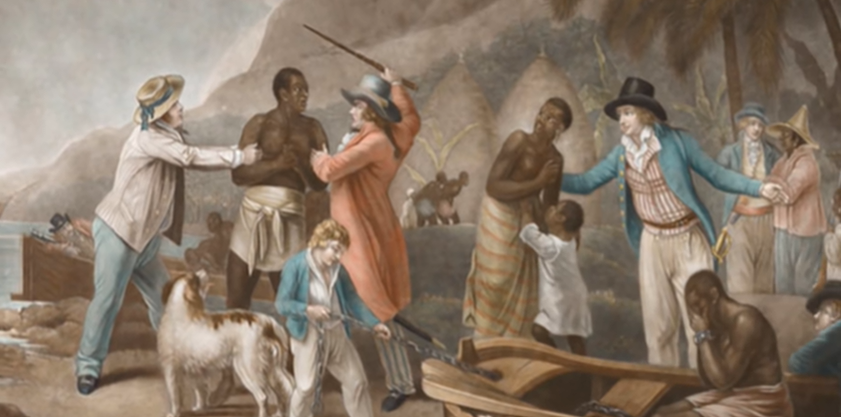
4-African Participation and Resistance to the Trade
The transatlantic slave trade didn’t solely result from external forces; it involved complex roles played by Africans, including both participation and resistance. Delving into the nuances of African involvement is vital for a comprehensive understanding of this historical chapter, shedding light on the intricate dynamics surrounding African slave trader tribes and their impact on the global slave trade.
-
Examination of African Involvement:
A common misconception is that Africans were merely victims of the slave trade. Some African tribes actively participated, engaging in the capture and sale of fellow Africans to European slave traders. Economic motivations often fueled this participation, with tribes seeking wealth, firearms, or alliances with European powers.
-
Economic Motivations:
– Many African tribes engaged in the slave trade as a means of accumulating wealth. The trade offered valuable goods and firearms in exchange for enslaved individuals, creating economic incentives for their involvement.
– Some tribes collaborated with European powers to strengthen their positions in regional power dynamics. This collaboration often involved the provision of slaves in exchange for military support or economic benefits.
-
Acts of Resistance Against Slavery:
– While some Africans actively participated in the trade, others resisted vehemently. Communities took various measures to protect their members, including forming alliances against slave traders and fortifying their villages.
– Individuals within enslaved communities often resisted through acts of defiance, such as escape or sabotage. These actions, though challenging, showcased the resilience of those unwilling to accept their fate.
-
Shifting Perspectives on Historical Events:
– Over time, perspectives on African involvement in the slave trade have evolved. Initially seen through a Eurocentric lens, modern scholars increasingly recognize the agency and complexity of African actors during this period.
– African nations and communities are actively reclaiming their historical narratives. Efforts to contextualize the complexities of participation and resistance are crucial for a more nuanced understanding of this dark era.
-
African Participation and Global Implications:
The participation of Africans in the slave trade had far-reaching consequences, influencing not only the African continent but also shaping global perceptions and power dynamics.
-
Impact on International Relations:
– African involvement in the slave trade introduced complex dynamics to international relations. Tribes collaborating with European powers altered regional power balances, contributing to the geopolitical landscape of the time.
– The demand for slaves played a role in encouraging European exploration and colonization of Africa. This interconnectedness underscores the global ramifications of African participation.
-
Legacy in Modern Times:
– The historical involvement of certain African tribes in the slave trade has contributed to socio-economic disparities within the continent. Understanding this legacy is crucial for addressing contemporary challenges.
– The impact of the slave trade on African cultures is profound. Tribes that participated or resisted carry these historical imprints, influencing societal norms, identities, and cultural practices.
In examining African participation and resistance to the transatlantic slave trade, it becomes evident that the narrative extends beyond victimhood. Acknowledging the complexities of this history allows for a more nuanced understanding of the roles Africans played during this tumultuous period.
5- An African Country Reckons with Its History of Selling Slaves
-
Ghana’s Acknowledgment and Reparative Efforts
– Ghana, a West African nation with a rich cultural heritage, has confronted its historical involvement in the transatlantic slave trade. Positioned along the Gold Coast, Ghana was a focal point for European slave traders, leading to significant societal upheaval.
– In recent years, Ghana has officially acknowledged its role in selling slaves, recognizing the importance of addressing this painful aspect of its history. Government officials have openly admitted the nation’s participation in the slave trade, emphasizing the need for historical reconciliation.
– Ghana’s government has undertaken various initiatives aimed at reconciliation and remembrance. This includes the establishment of museums and heritage sites, such as the Cape Coast Castle and Elmina Castle, which served as key hubs for the slave trade. These sites now stand as powerful symbols of Ghana’s commitment to preserving the memory of this dark period.
– Ghana has implemented educational programs to ensure that its citizens and the global community are informed about the nation’s historical involvement in the slave trade. By fostering understanding and awareness, Ghana seeks to contribute to a more comprehensive and empathetic interpretation of history.
– Ghana’s efforts extend beyond its borders, fostering collaborations with international organizations and other African nations. This collaborative approach aims to address the broader implications of the transatlantic slave trade on the continent and facilitate shared initiatives for remembrance and reconciliation.
– The acknowledgment of Ghana’s history of selling slaves has prompted public discussions within the nation. Citizens are engaging in dialogues about identity, heritage, and the importance of confronting uncomfortable truths. This openness contributes to a collective healing process as Ghana reckons with its complex past.
In this singular point, Ghana’s proactive approach to acknowledging its history of selling slaves demonstrates a commitment to truth, reconciliation, and preserving the memory of those who suffered. The nation’s efforts serve as a model for how countries can confront uncomfortable historical truths and work towards a more inclusive and informed future.
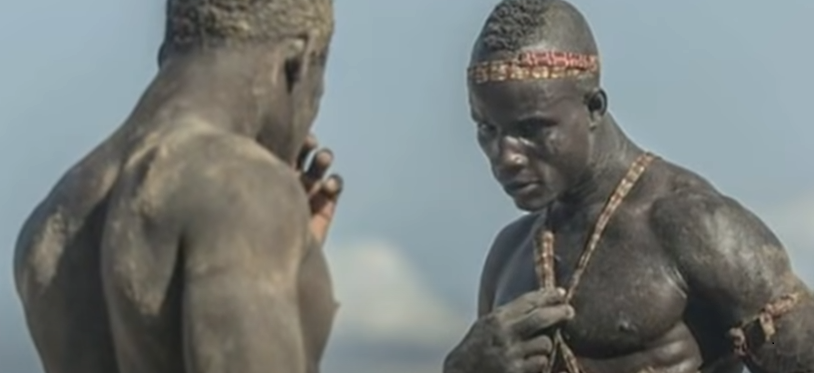
6-When the Slave Traders Were African
-
Periods of African Involvement
– Prior to the arrival of European colonizers, certain African societies were engaged in various forms of slavery. However, these practices differed significantly from the large-scale transatlantic slave trade that would later unfold.
– One of the primary contexts of African involvement in slavery was through inter-tribal warfare. Victorious tribes would often capture individuals from defeated communities and, in some cases, sell them into slavery.
-
Factors Contributing to African Involvement
– Economic factors were a driving force behind African involvement in slavery. The trade of enslaved individuals brought valuable goods, firearms, and other resources, creating economic incentives for tribes to participate.
– African tribes engaged in the slave trade to enhance their positions in regional power dynamics. Collaborating with European powers or participating in the trade independently allowed tribes to strengthen their influence over neighboring communities.
-
Contributions to Global Slave Trade
– African involvement in the slave trade became a crucial link in the infamous Triangle Trade, connecting Africa, the Americas, and Europe. The trade of enslaved individuals contributed to the economic prosperity of European colonial powers.
– As European powers tightened their grip on trade routes and established colonies, the dynamics of the slave trade underwent a transformation. Simultaneously, the involvement of Africans as direct slave traders diminished. This shift in dynamics intersected with the broader context of Slavery and colonialism in Africa, shaping a historical narrative.
Understanding the periods when Africans themselves slave traders were essential for a comprehensive view of the transatlantic slave trade. It adds depth to the historical narrative, acknowledging the complexity of the forces at play during this tumultuous period.
Conclusion:
In conclusion, the intricate tapestry of African slave trader tribes is woven into the fabric of history. Understanding the forms of slavery, the tribes involved, and the global repercussions is essential for learning from the past. By acknowledging these complexities, we pave the way for a more informed and empathetic future.
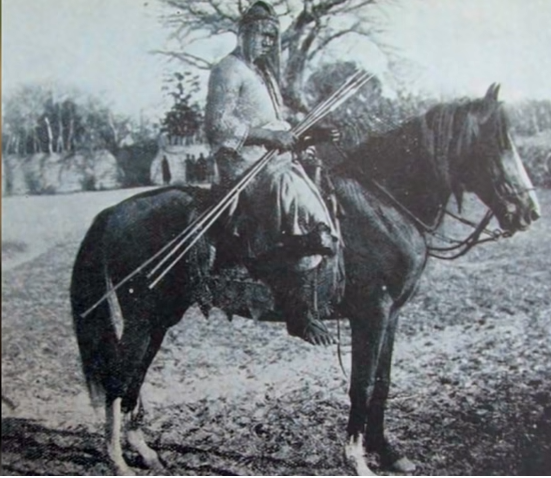
FAQ:
1- Who were the largest slave traders in Africa?
Prominent African tribes like the Ashanti, Dahomey, and Yoruba played significant roles as large-scale slave traders, actively participating in capturing and selling enslaved individuals to European traders.
2- Who initiated the slave trade in West Africa?
The slave trade in West Africa was first initiated by European powers, with the Portuguese taking the lead in the 15th century. They established trading posts along the West African coast, marking the beginning of the transatlantic slave trade that would profoundly impact the region’s history.
3- Who was the pioneer of slave trade in Africa?
Portuguese explorers, notably led by António Gonçalves, were among the pioneers of the slave trade in Africa. Their early interactions set the stage for the broader transatlantic slave trade.


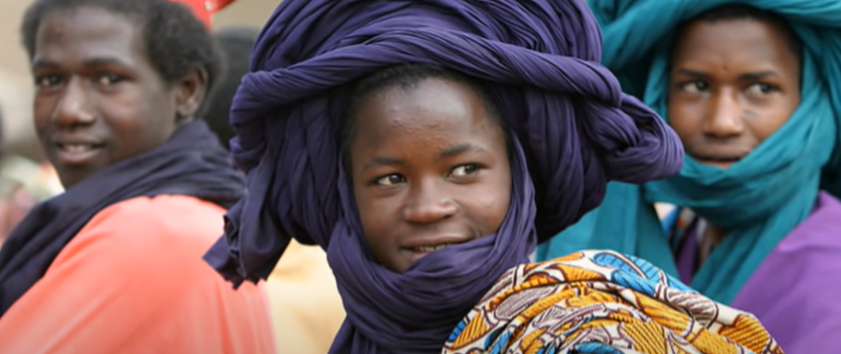
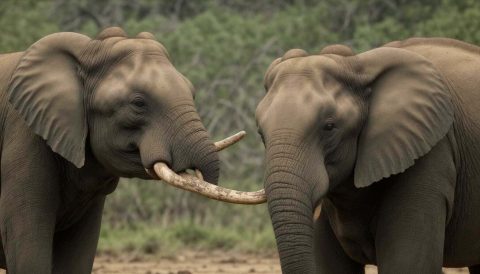

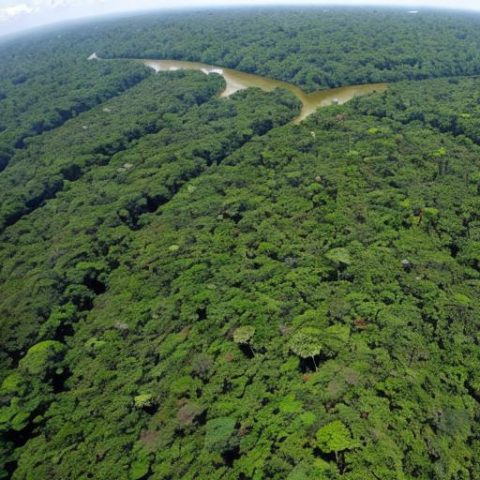

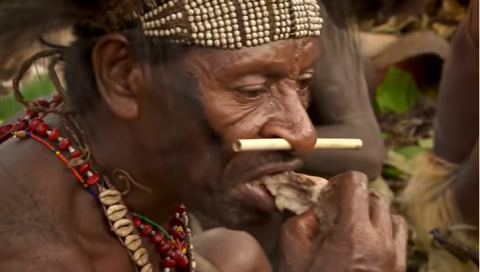

Excellent beat, I would like to assist you while you update your website on how to subscribe for a blog site. The account provided me with a substantial amount of assistance, although I was already somewhat acquainted with this. Your broadcast presented a clear and concise concept.
[…] Read this article about african slave trader tribes […]